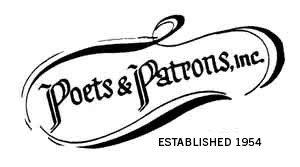When they reached the place God had told him about, Abraham built an altar there
and arranged the wood on it. He bound his son Isaac and laid him on the altar,
on top of the wood. Then he reached out his hand and took the knife to slay his son.
But the angel of the LORD called out to him from heaven, “Abraham! Abraham!”
Genesis 22:9-11 (KJV)
For now we see through a glass, darkly; but then face to face:
now I know in part; but then shall I know even as also I am known.
1 Corinthians 13:12 (KJV)
I come here often, always in the cool of morning
before the clutter of the day invades the hour,
where the wind whispers and streaks of dawn
rinse the mountains purple across Moriah.
They speak to me, this hour and this place,
arousing memory that is a voiceless prayer
and bares necessary truths that make
for a separate hard-won peace.
Here is the shrub where father tied the donkey
laden with wood for the fire and I said, “But father,
you forgot the lamb,” and where he answered,
“God provides,” evading truth with ambiguity,
a recourse I have learned myself and use often.
Over there is where I asked again of the lamb;
Although, by then I knew. And there is the rock
where he bound me. Yes, it is true.
And beyond is where he found the ram, its horns
tangled in the brush, after the angel came, after I,
breathless with fear, saw the knife drop to the ground
and father bury his face in his hands mumbling words
I could not hear, a prayer perhaps, over and over
while he sobbed and I, my hands still tied behind my back,
still cowering on the altar, waited in stopped time
as I stared at the knife in the dust.
All that was long ago:
Now the years have dimmed my eyesight
and the dull ache in my bones make the trail a hard one.
Yet I come. I come as one does to a grave, with flowers,
in need of some presence beyond memory, to listen again
to the comfort of my father’s voice, to bury any regrets
that still collect as sediment in my heart,
to know even as also I am known.
This poem was awarded first prize in the Illinois State Poetry Society 2020 Free Verse category and subsequently published in Catholic Poetry Room.
